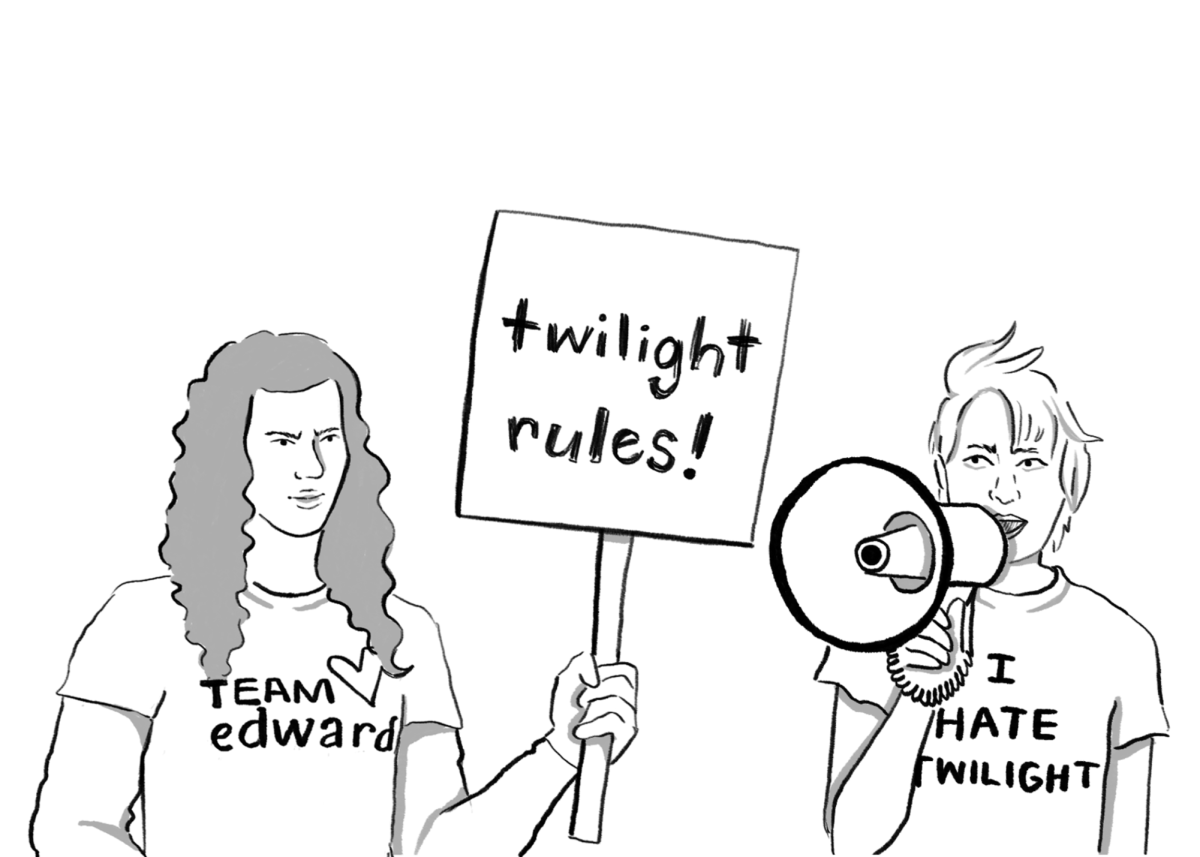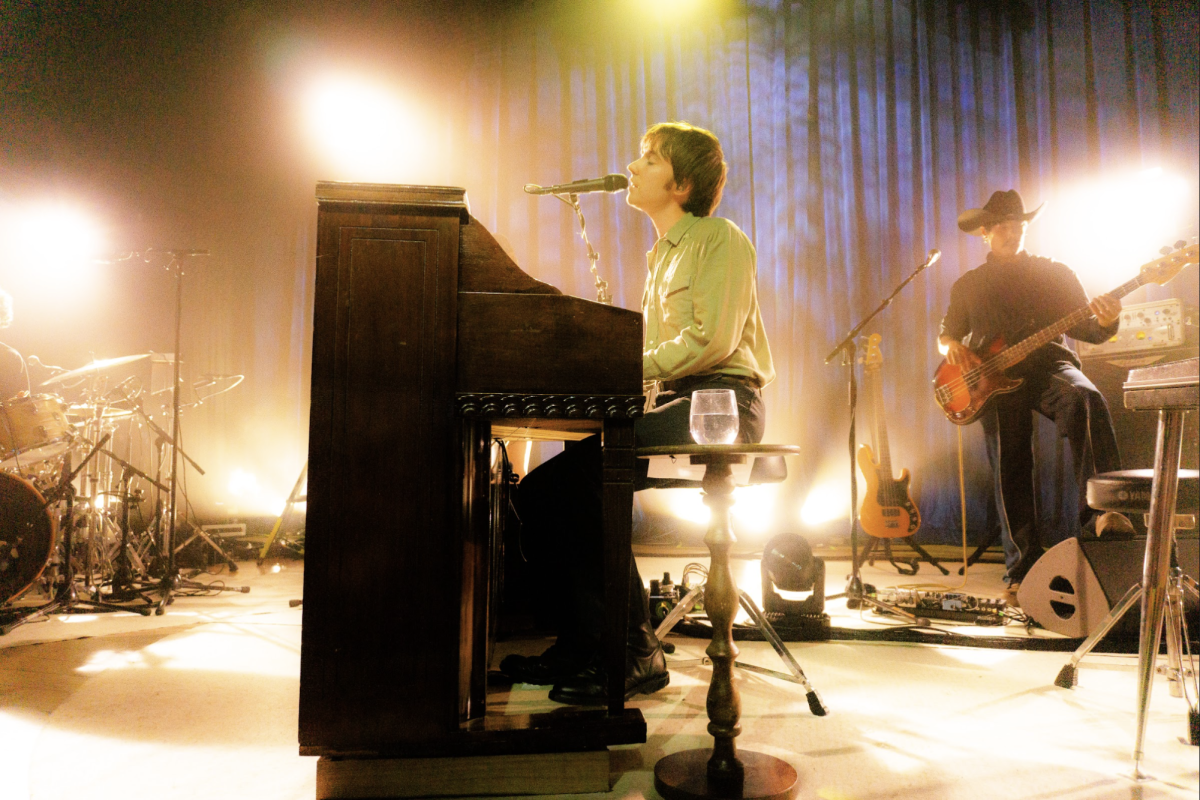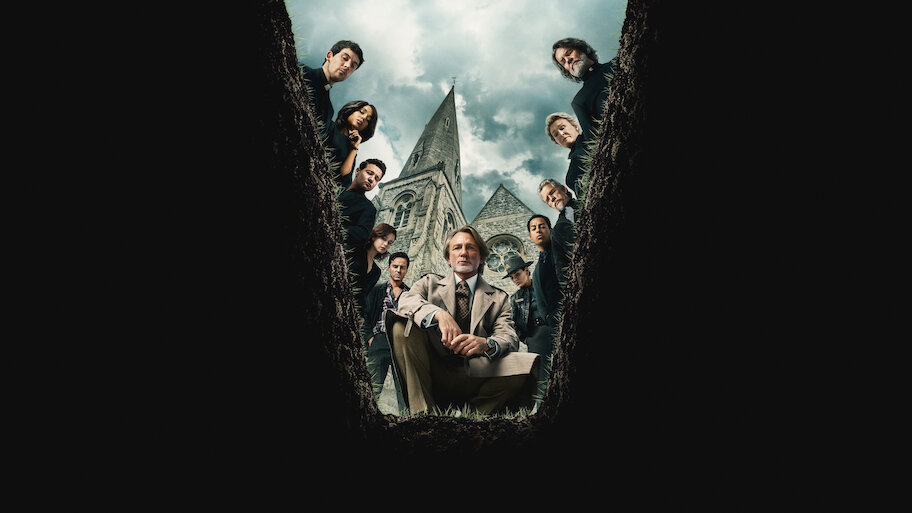Although difficult to swallow, the injustices of “good kills” can no longer be ignored.
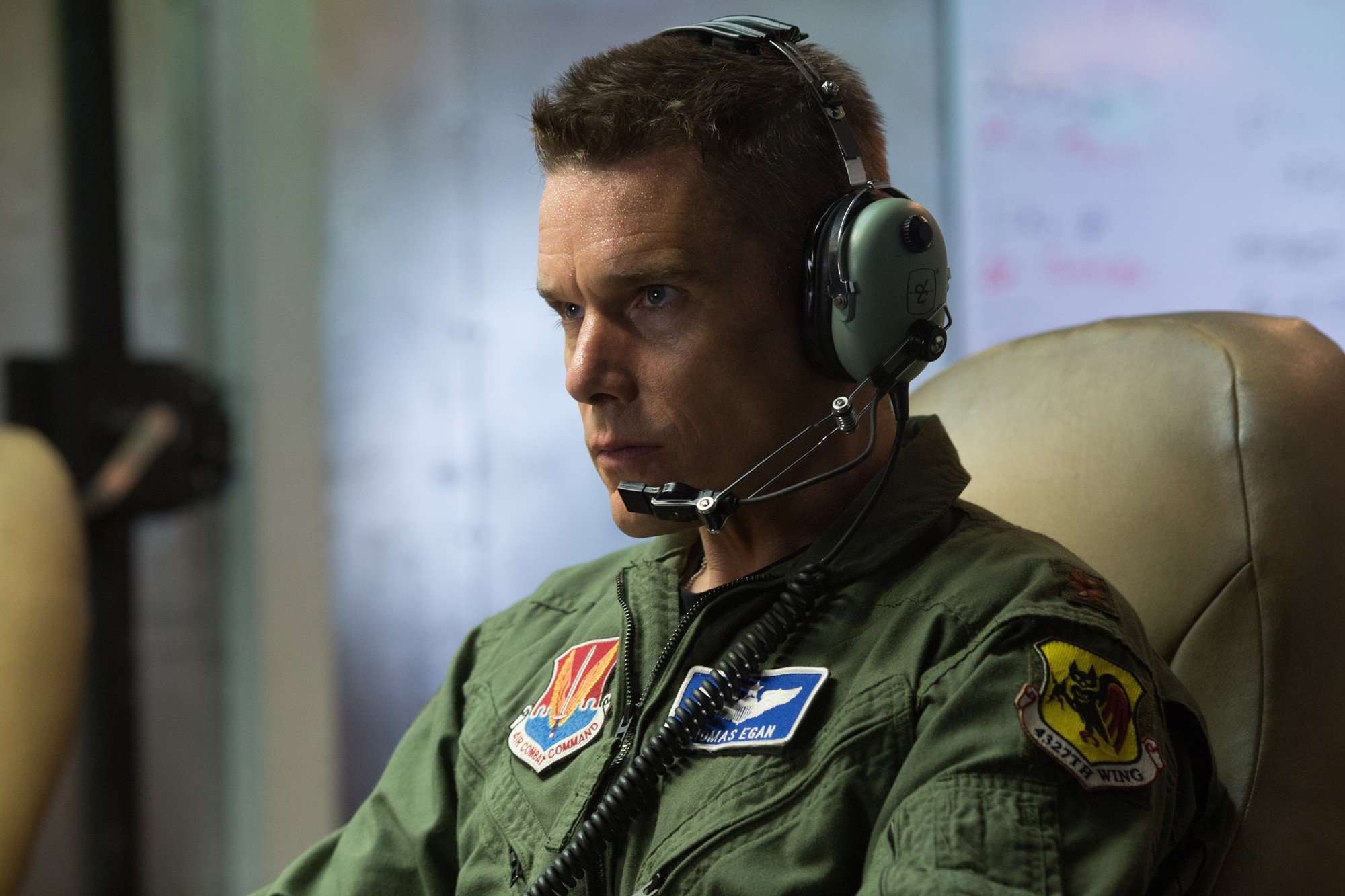
Rating 3.5/5.0
Directed by Andrew Niccol
Starring Ethan Hawke, January Jones, Zoe Kravitz
Rated R
Release Date: May 15
People who expect to get their adrenaline rush from a movie would fall asleep watching “Good Kill.” They just wouldn’t get how a mild, quiet thriller could ignite a soul search. And rightfully so. It’s a flick that forces you to analyze and keeps your brain from becoming a vegetable. Also, Ethan Hawke does a remarkable job of demonstrating the moral and psychological struggle an Air Force pilot experiences as he adjusts to his new job as a drone pilot.
Major Thomas Egan (Hawke) returns home from doing six tours in Afghanistan, only to be longing and reminiscing for the times he engaged in combat rather than killing targets from thousands of miles away. Initially, he is able to avoid reconciling what he knows to be wrong because “good kills” are only made when the Taliban is clearly identified and the death of noncombatants is avoided. However, once the CIA begins to give orders, targets and innocents become indistinguishable. Egan wears the honorable flight suit but cannot convince himself that drone warfare is anything more than a supreme injustice. He is constantly seeking redemption because he is forced to play God, massacring hundreds of people without having to put himself in any danger.
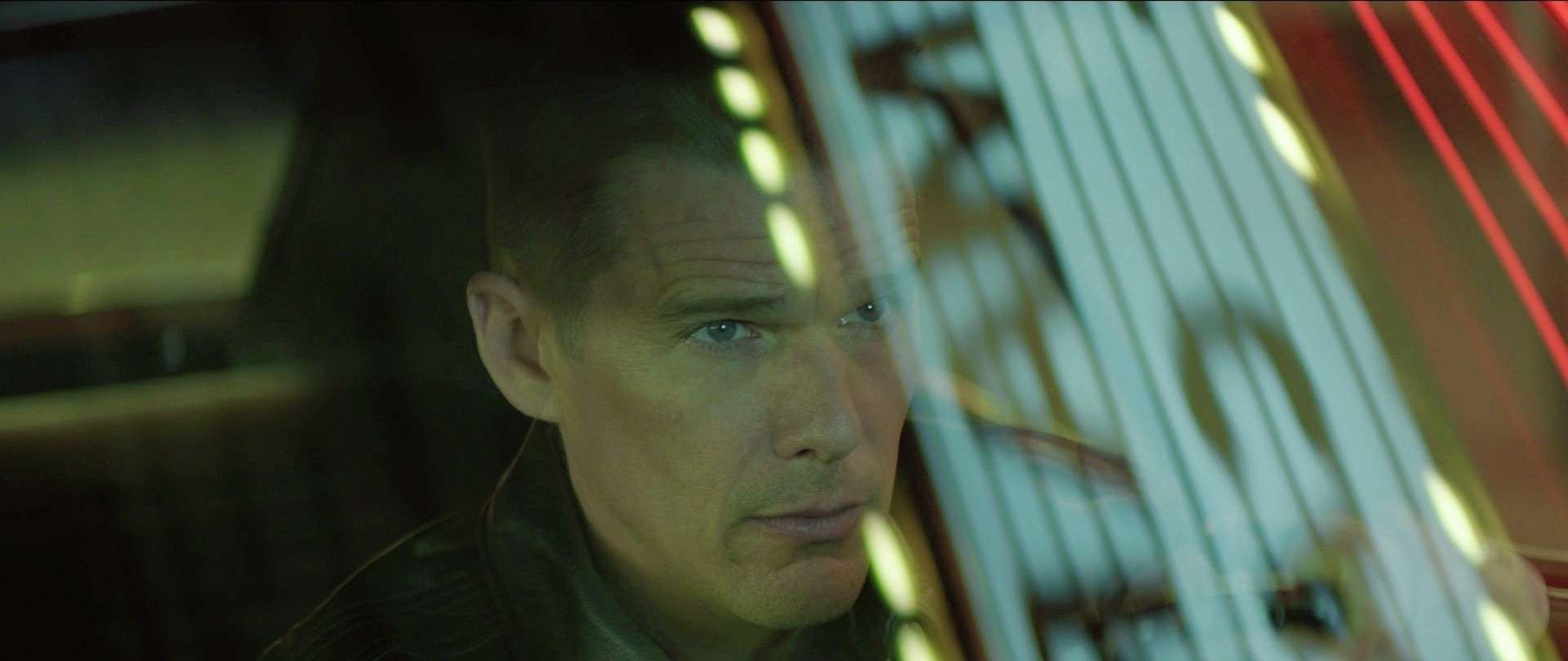
Although the film is not entertaining, per se, it captivates the human spirit and conscience. There isn’t much of a plot, and you’re basically following Egan around in his day-to-day life. Furthermore, the sexual tension between him and Airman Vera Suarez (Zoe Kravitz) is limited to a mutual disillusionment with their jobs, while January Jones reincarnates Betty Draper as Egan’s discontented wife. However, Egan’s quiet, emotional journey and reconciliation is deafening. The lack of a plot and loose ends, in terms of Egan’s personal and professional goals, are more than suited to the film’s purpose.
Romance, drama and fire showers are entirely irrelevant when human lives, injustice and our futures are at stake. Andrew Niccol forces the audience to confront uncomfortable, perplexing dilemmas that we would much rather pretend were non-existent. American lives are precious, but is the slow massacre of innocents in the Middle East really the way to prevent another 9/11 from happening? Furthermore, he illustrates how easily humans can justify their actions when they do not experience the consequences of their actions right away. When shots aren’t fired back, we become susceptible to forgetting that we are responsible for our actions and, in this way, lose our humanity. The power of this film is its ability to present information through a human experience. We are all Egan, and we all should be wrestling with ourselves, like he is, and wresting ourselves from the shield of self-righteousness.


